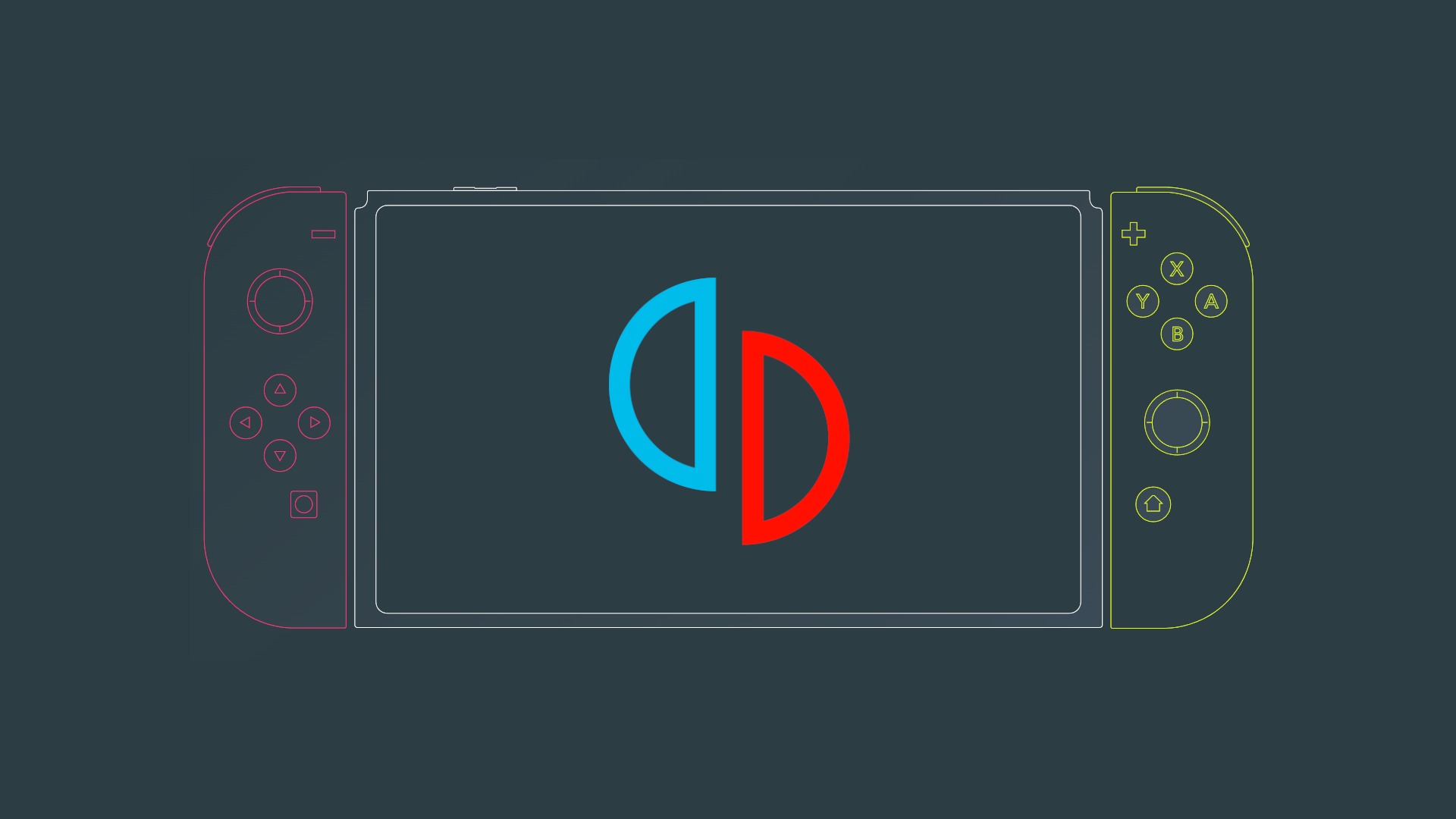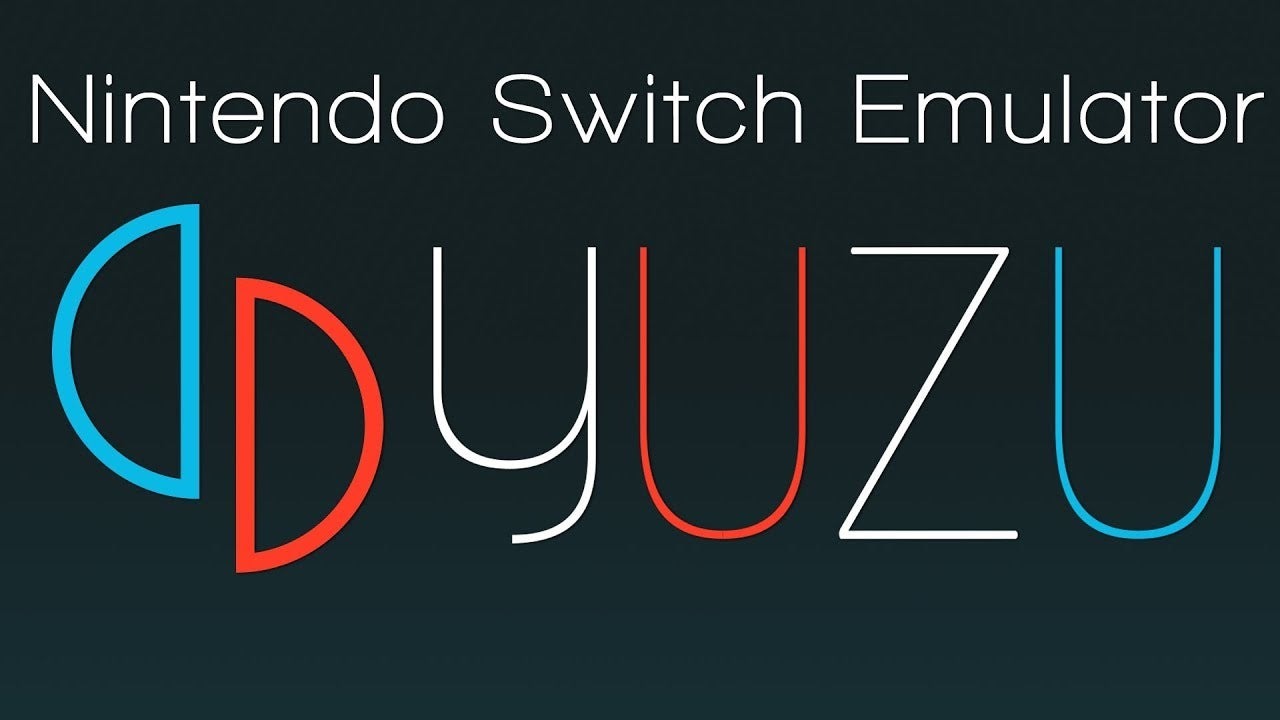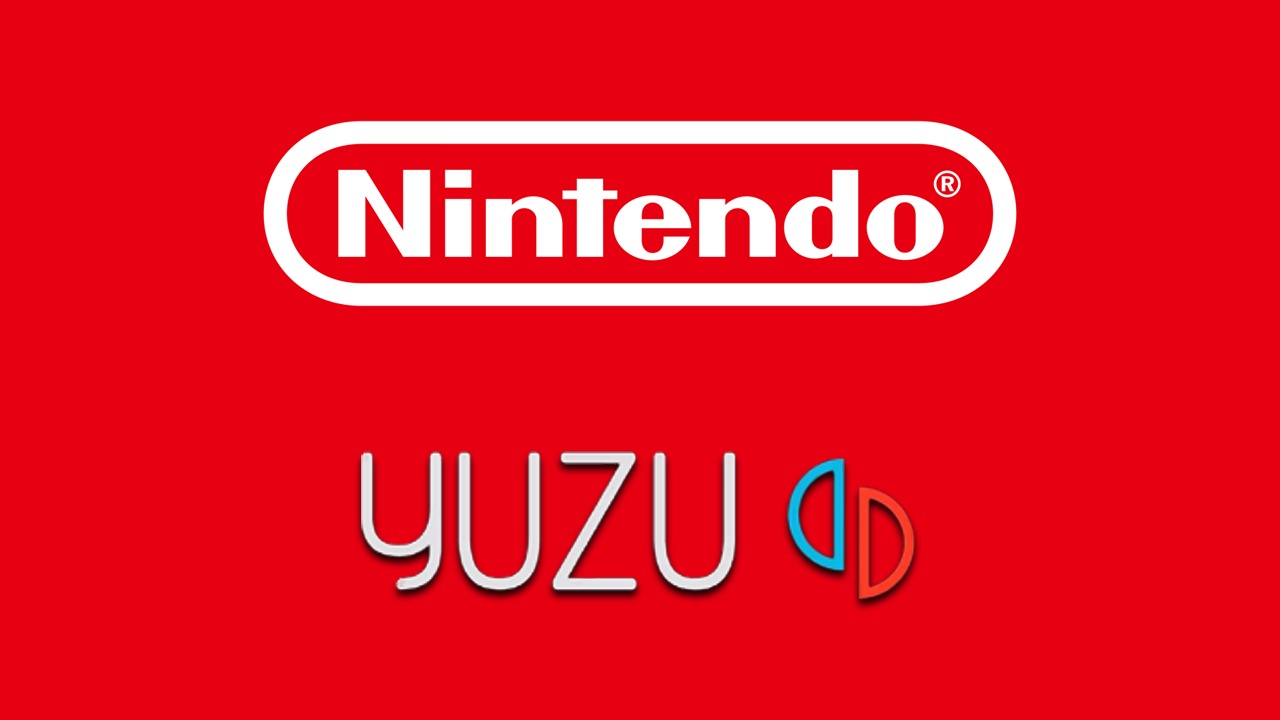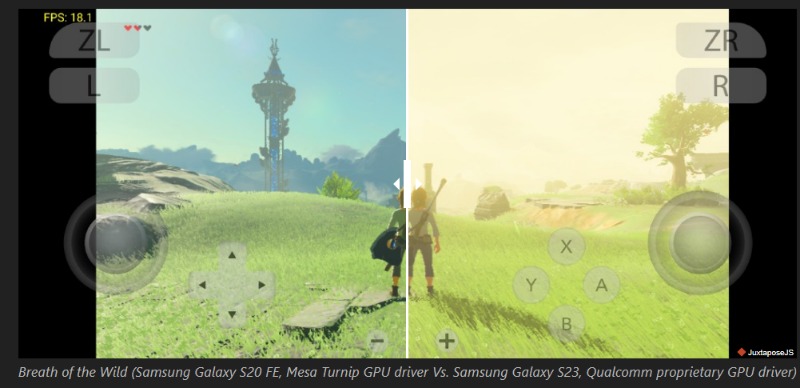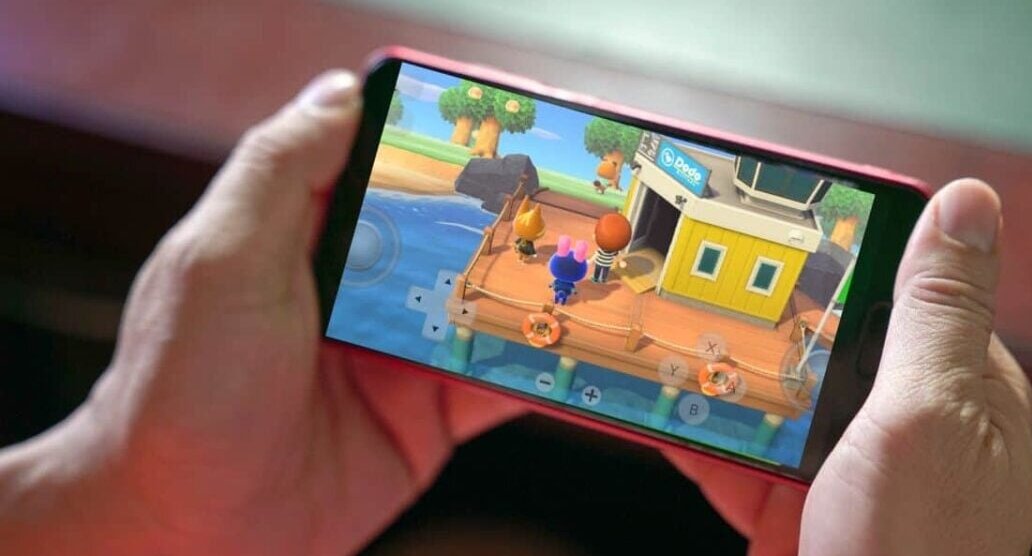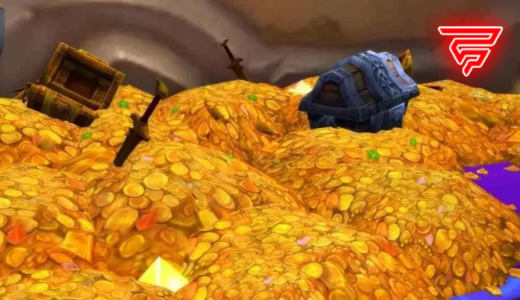In a stunning development news flashpoint, the developers of the popular Yuzu Nintendo Switch emulator have agreed to pay Nintendo USD 2.4 million and permanently shut down the emulator in response to a major lawsuit. The court-approved settlement on Monday is a major victory for Nintendo against piracy and infringement of its intellectual property rights.
The Rise and Fall of Yuzu
Yuzu debuted in 2018 and quickly became among the most widely used and advanced emulators to play Nintendo Switch games on PCs and other devices. The open-source software allowed users to run Switch titles like The Legend of Zelda: Tears of the Kingdom – using Nintendo’s encryption keys to hack the console.
Although Yuzu itself did not directly promote piracy via game distribution, Nintendo claimed in its legal action that the “vast majority” of Yuzu users utilized the emulator to play pirated video games, which makes it a “massive enabler of copyright infringement.”
Nintendo’s Aggressive Anti-Piracy Stance
The gaming giant has traditionally been tough on suspected intellectual property breaches. From pursuing ROM sites to suing hardware modders, Nintendo has not shied away from using its legal muscle to defend its games and consoles.
The lawsuit against Yuzu, filed last week, accused of Copyright infringement, trafficking in circumvention devices, and violation of the Digital Millennium Copyright Act. Nintendo said Yuzu was “primarily developed to circumvent Nintendo’s technological protections.”
The Settlement: A Smashing Nintendo Win
In the proposed settlement, the Yuzu developers have acknowledged that their emulator incorrectly integrated Nintendo’s encryption keys to circumvent the company’s copy protection. This acknowledgment is in line with Nintendo’s main claim that Yuzu was created to support piracy.
In addition to the USD 2.4 million payout, which the Yuzu team states is reasonable in terms of possible damages estimates, the settlement calls for a complete shutdown of Yuzu activities. This includes closing code repositories, Patreon donation channels, Discord servers, and websites associated with the emulator and its sister project Citra (a 3DS emulator).
The Yuzu team said that “piracy was never our intention and we think piracy of video games and on video game consoles should stop,” but that their projects also unintentionally created widespread illegal activity.
Legality of Emulation: A Nuanced Debate
While the settlement is clearly a huge boost for Nintendo, additionally, it reignited a longstanding debate over whether emulation is legal and moral. The community generally considers emulators essential for video game preservation as they allow access to older titles that are no longer commercially sold.
The use of proprietary code and encryption keys to circumvent DRM systems remains a legal gray area, however. As this case demonstrates, console makers can sue for DMCA violations against emulators that employ such circumvention techniques, particularly for actively sold and supported systems such as the Nintendo Switch.
The Future of Switch Emulation
With Yuzu dead, the prospects for good Switch emulation over the open internet are bleak. Another major Switch emulator is Ryujinx – which has escaped Nintendo’s legal radar so far – but could soon be facing a similar fate thanks to the Yuzu case’s legal precedent.
Finally, the settlement issues a warning to prospective emulator developers about the distribution of software intended to circumvent a console’s security. As Nintendo’s aggressive defense of its IP shows, such efforts will likely face serious legal challenges and financial ruin.
For all those who wish to obtain Nintendo’s newest offerings like Tears of the Kingdom on non-Nintendo hardware, there are currently no actual options. Until Nintendo brings its games to other platforms, fans are left buying the company’s official hardware.
The Bottom Line
The Yuzu settlement is a resounding victory for Nintendo in securing its commercial interests and intellectual property. The company has reiterated its opposition to any perceived enablers of game piracy by shutting down one of the Switch emulators that most people use and demanding a multimillion-dollar payment.
While that legal battle may be over, the larger discussion about emulation’s role in game preservation and its status under existing copyright legislation should continue to rage. As technology continues to outpace legislation, balancing creators’ rights with legitimate, transformative uses of proprietary software will be a persistent challenge.
For now, Nintendo’s court actions are a stark reminder that any attempts to circumvent its protections – whichever ones are intended – will be dealt the full brunt of the gaming juggernaut’s wrath.
